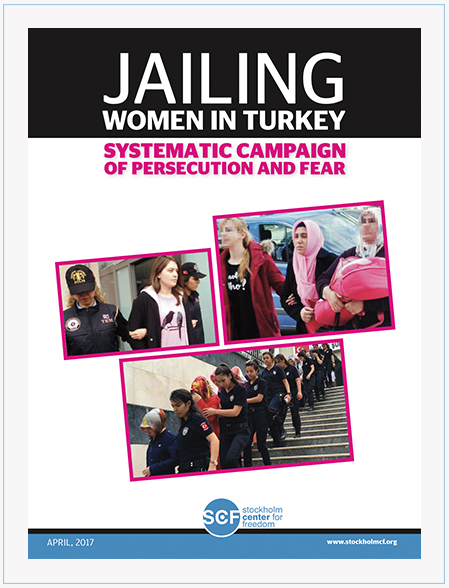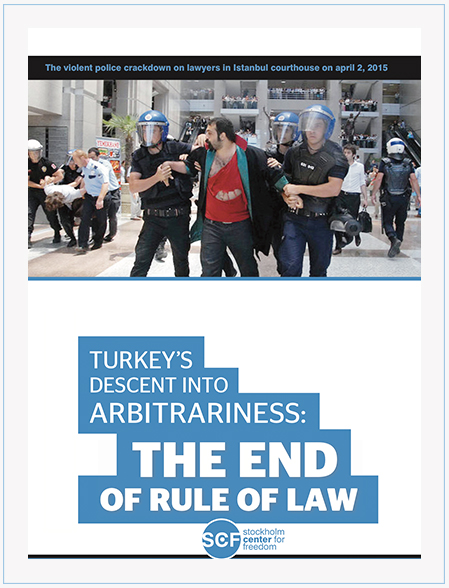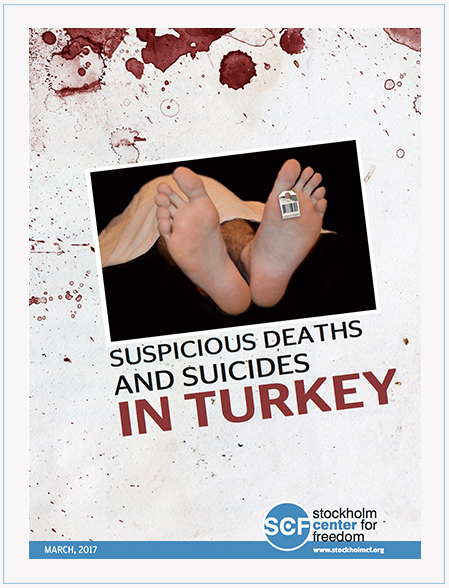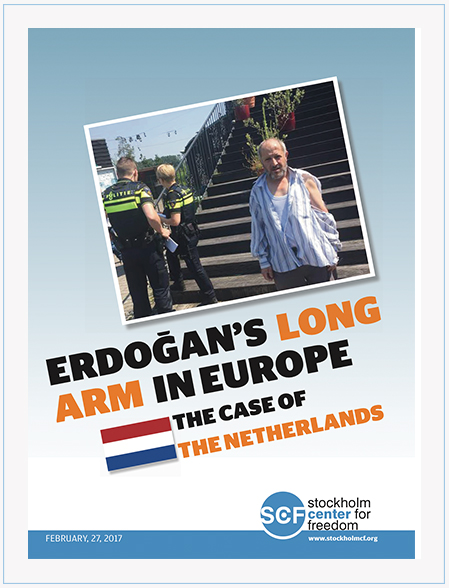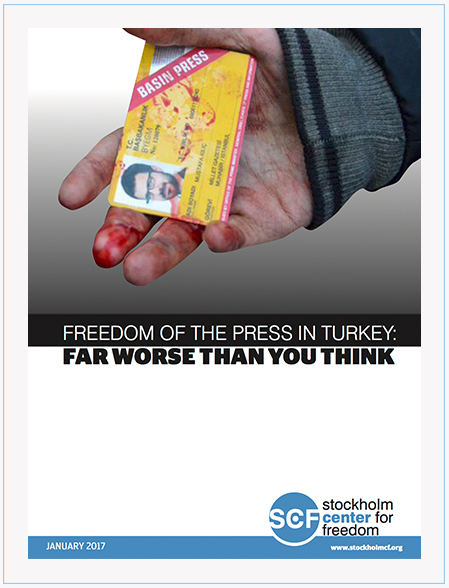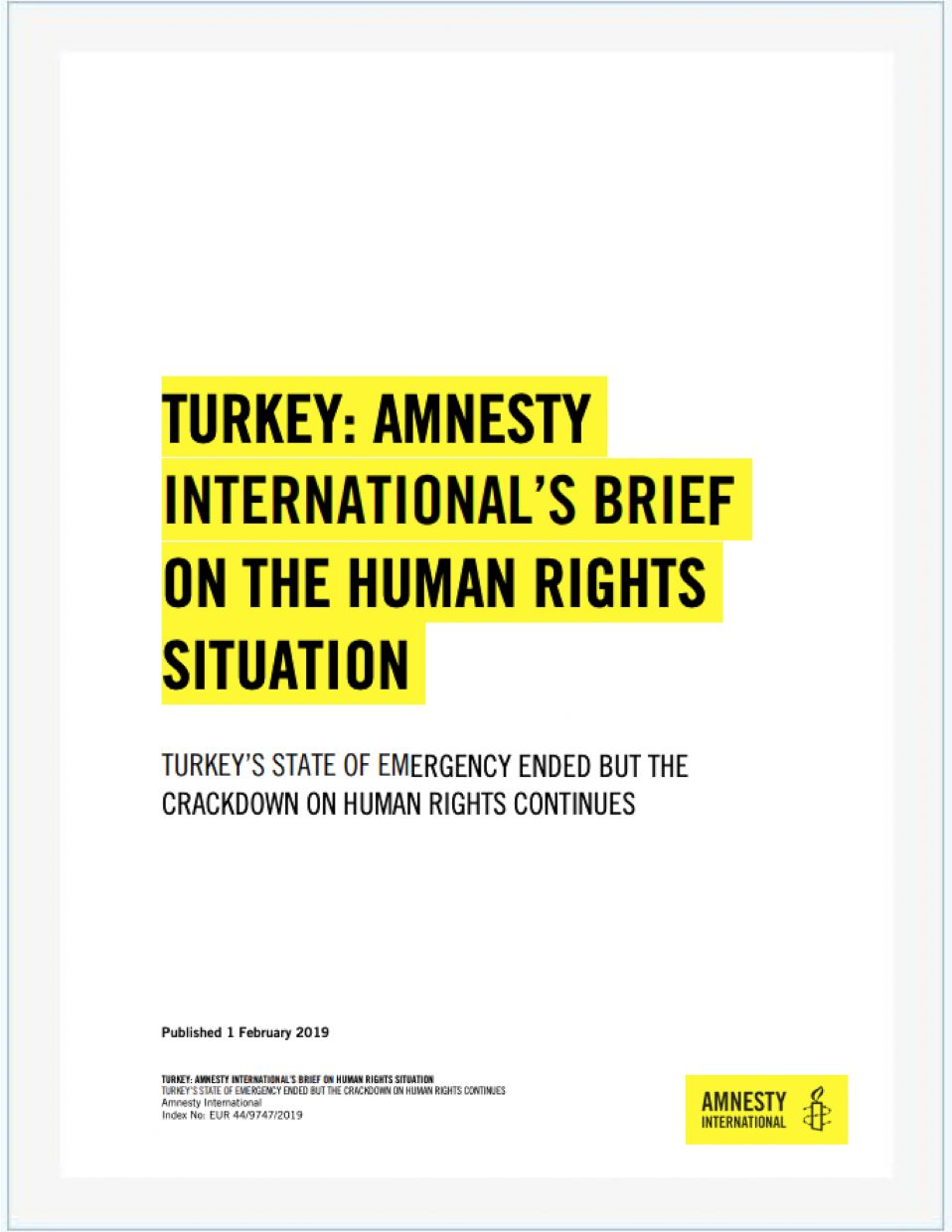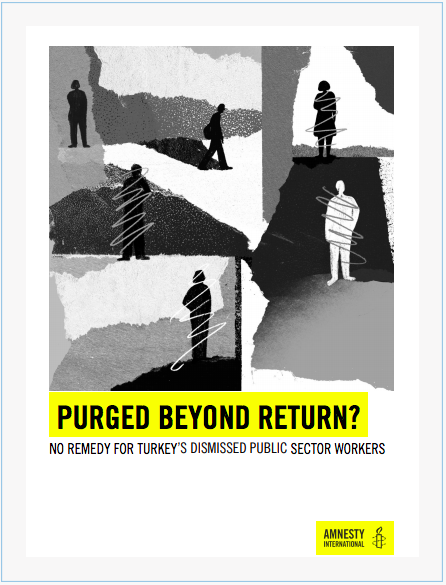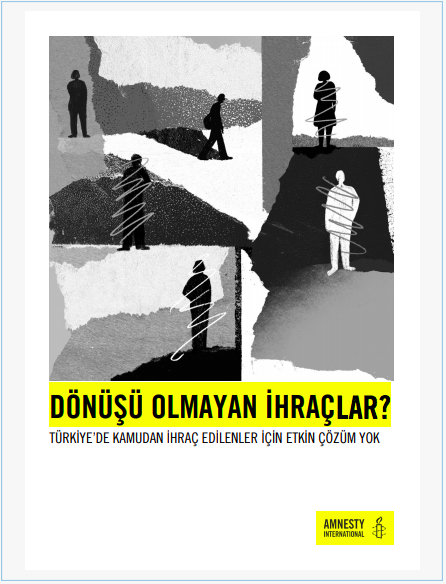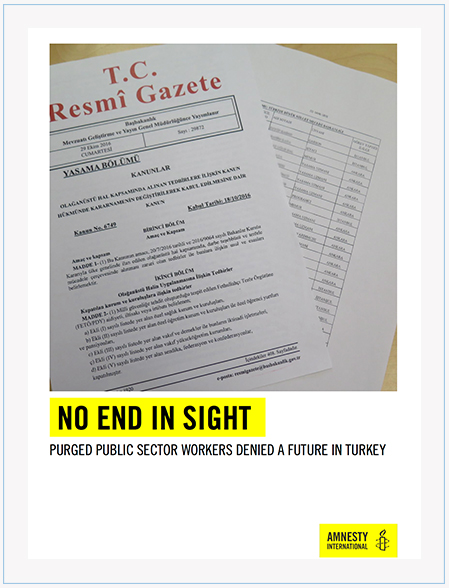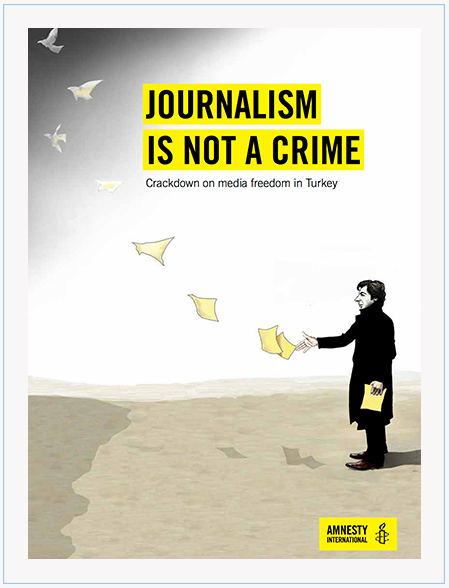Jailing Women in Turkey: Systematic Campaign of Persecution and Fear
April 2017 / (32 Pages)
SCF cited well-documented cases in this report to draw a picture of a larger pattern of institutionalized abuse of jailed women in Turkey as the art of systematic targeting by the authorities to crack down on the right to dissent, the right to freedom of speech and the right to hold differing views from the prevailing ideology of the current Islamist government. SCF believes the torture and ill-treatment of women in detention and jails are worse than what is publicly reported since many victims fear that coming forward and sharing their horrific stories about the abuse would lead to further negative repercussions from the authorities Read More
Widget not in any sidebars

